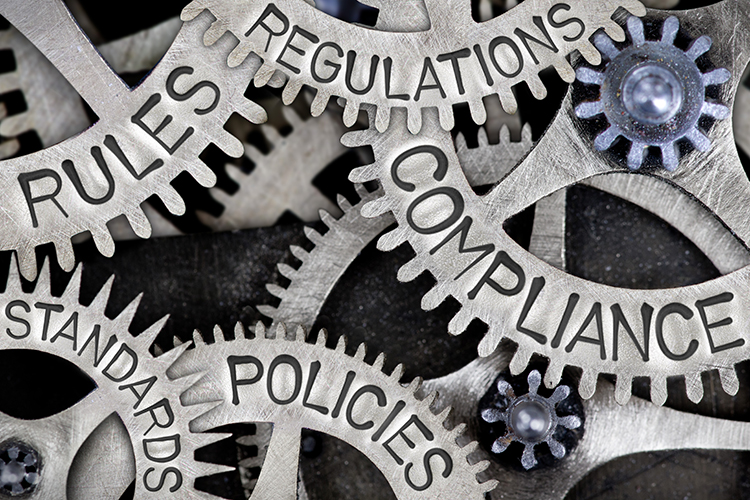
We have been hearing about congestion and delays affecting our country’s seaports for months now with little resolution. Though the picture is slightly better than it once was, the sloth-like movement is why the National Milk Producer’s Federation (NMPF) has turned to legislative and regulatory action to address the issues.
“Clearly by now, the commercial situation has not sorted itself out and clearly this is not sustainable,” explained Shawna Morris on the May 18 Hoard’s Dairyman DairyLivestream. NMPF’s senior vice president of trade policy described the work the organization is doing with both Congress and the Biden Administration.
On the Congressional side, Morris said agricultural organizations have recognized how outdated our shipping legislation is and how little strength its regulatory body has. “The Federal Maritime Commission is charged with overseeing what happens here, but they really didn’t seem to have the tools they needed to require them or to allow them, depending on how you look at it, to crack down on the types of issues we were seeing,” she noted.
The Ocean Shipping Reform Act has been a major focus for NMPF with members of Congress, and it has passed both the House and Senate. The bill has no “silver bullets” because there are none in a complicated issue such as this, Morris said. “But it has a number of new requirements to help nudge things in a better direction and, most importantly, provide some incentives and requirements on the carrier side of things specifically to help encourage greater exports.”
It is currently headed into conference to reconcile some of the differences between the House and Senate versions, Morris continued. NMPF’s focus will be to make sure the bill maintains movement forward and remains as strong as it needs to be.
Still, legislative action is not typically a quick option, so the organization is also working directly with the Administration to provide some more immediate relief. Morris pointed to the pop-up sites at the ports of Oakland and Seattle as being very useful, and they are communicating with USDA, the Department of Transportation, and the White House to establish more inland pop-ups and incentive programs.
“Ideally, we’d like to see additional investments from the federal government to help incentivize export-related fast lanes at ports — priority for goods headed out the door,” she continued. Incentives could also be used for ships that commit to carrying more export products.
Another major issue has been a lack of available containers for exporters to transport their product. Morris noted that reinstating a USDA report that tracked the usage and location of these containers would be helpful in this area.
The port situation is not a simple one, as the panelists of the webcast detailed. A variety of approaches will be necessary to alleviate the variety of concerns plaguing the seaports that take our dairy products to the world.
To watch the recording of the May 18 DairyLivestream, go to the link above. The program recording is also available as an audio-only podcast on Spotify, Google Podcasts, Apple Podcasts, and downloadable from the Hoard’s Dairyman website.
Register to continue receiving updates
The next broadcast of DairyLivestream will be on Wednesday, June 15 at 11 a.m. CT. As of January 2022, we moved to a new system. If you have not yet, you will need to re-register to continue receiving email updates and links to the webcasts. You can sign up here now. Registering once will sign you up you for all future events.








